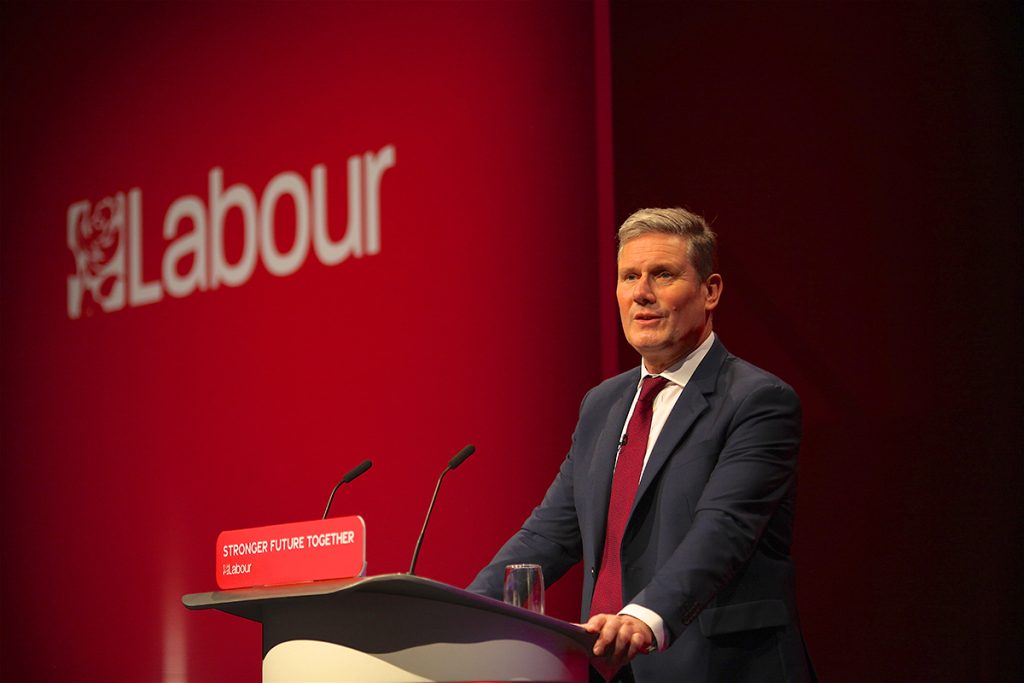The United Kingdom has experienced a monumental political transformation with the Labour Party’s decisive victory in the national elections, ending a 14-year Conservative reign. This change brings Keir Starmer to the forefront as Prime Minister, entrusted with the mission of tackling the nation’s most urgent challenges.
A Shift in Leadership
Keir Starmer’s elevation to Prime Minister represents a significant shift in the UK’s political arena. Despite criticisms of a lackluster campaign, Starmer’s leadership appealed to voters weary of the Conservative-led instability and scandals. Labour’s promise of stability and reform garnered a majority in the House of Commons, reflecting the public’s craving for a new direction.
Labour’s victory entails a substantial responsibility to address key national issues, particularly the cost of living crisis, immigration, and the revival of public services such as healthcare and transportation. The UK economy has faced wage stagnation and underinvestment in state services, aggravated by past Conservative policies and global economic disruptions. Labour’s mission is to reverse these trends and achieve tangible improvements.
Revitalizing Public Services
One of the most pressing challenges for Labour is revitalizing the UK’s ailing public services. Since the Conservatives took power in 2010, services like the National Health Service (NHS), education, and transportation have suffered significant cuts. This has resulted in long wait times for medical care, declining public school standards, and widespread labor strikes over pay and conditions. Labour’s commitment to restoring these services will be a crucial test of its governance.
Labour’s economic plan includes investing in industry and fostering a business-friendly environment. While specifics remain vague, the goal is to stimulate economic growth and alleviate the cost of living crisis. Potential measures include raising the minimum wage and promoting localized living wages to match regional living costs.
Economic Hurdles Post-Brexit
The decision to leave the European Union has left lasting negative impacts on the UK’s economy. Brexit, decided by the 2016 referendum and finalized under Conservative Prime Minister Boris Johnson in 2019, has resulted in decreased trade, higher living costs, and lower GDP. Labour has pledged to enhance trade and investment ties with the EU to reduce food costs and support UK professionals in the EU. However, rejoining the EU or the common market is not planned, meaning some economic challenges may persist.
Labour intends to reform current controversial immigration policies, starting with the immediate cessation of the Rwanda policy, which aimed to detain and deport irregular migrants. Instead, Labour will focus on dismantling human smuggling networks and processing the backlog of asylum cases. While the overall approach to migration will see some continuity from the previous government, Labour’s policies are expected to be more humane and effective.
Overhauling Immigration Policies
Labour’s economic strategy involves investing in industry and promoting a pro-business atmosphere. Although detailed plans are still forming, the aim is to foster economic growth and tackle the cost of living crisis. This might include increasing the minimum wage and encouraging localized living wages.
Labour has also committed to “saving the NHS” and building a future-proof health service. This includes reducing wait times, using private sector resources to manage patient volumes, and improving relationships with healthcare unions. Ensuring the NHS remains publicly funded will require substantial public investment, a significant challenge in the current economic climate.
Can Labour Fulfill Its Promises?
The exact methods by which Labour plans to achieve its goals remain uncertain. The party lacks a bold, comprehensive economic policy and does not present a new ideological framework. On the critical issue of Brexit, Labour plans to negotiate agricultural and professional service agreements with the EU to lower food costs and help UK professionals work in EU countries. Nonetheless, many economic challenges stemming from Brexit may persist.
Labour aims to build a stable government, particularly after the post-Brexit uncertainty. The party’s manifesto is centered on the idea of stopping the chaos that has exacerbated external problems into national crises when in power.


